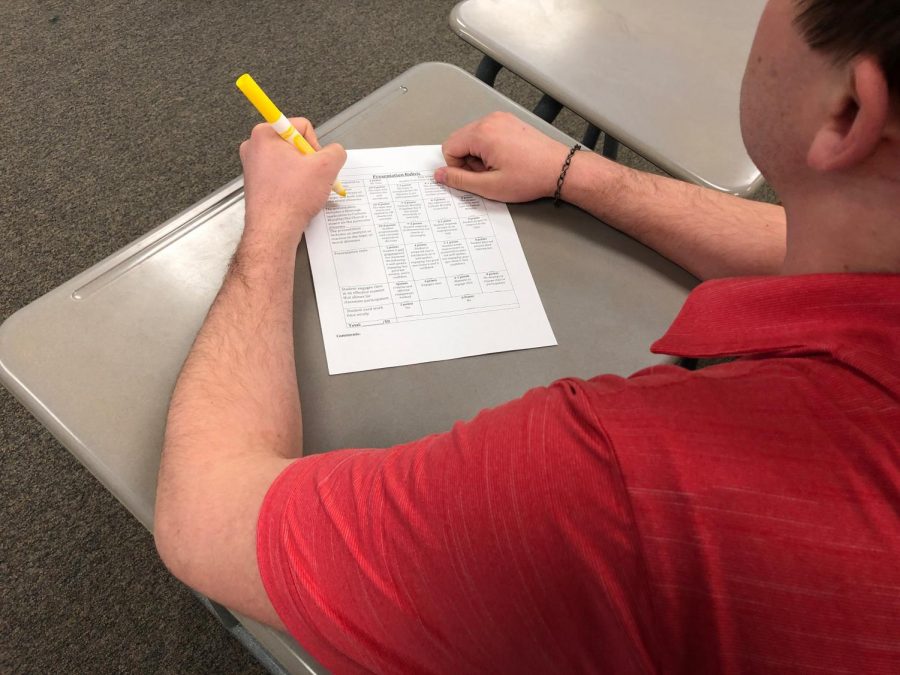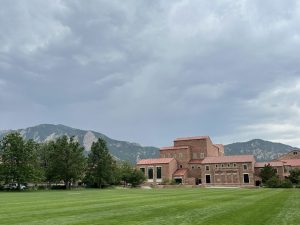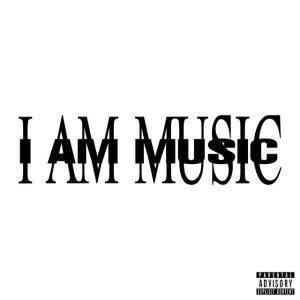Juniors open up about the MCAP
Mr. DeLozier is one of the teachers for the Morality class.
January 18, 2019
The Morality Capstone Analysis Project, also known as the MCAP is a research project that all juniors will participate in as part of their Morality class. The MCAP is a lengthy assignment where the students can pick any current moral dilemma of their choosing, where they are forced to take a stance on a controversial issue.
There are three parts to the MCAP project––the academic paper, the Aquinas paper, and a presentation. The academic paper is simply summarizing the topic and explaining the church and the students’ stance on the moral dilemma. The Aquinas paper is where a student will show a clear relationship to morality and relate the issue to our current times and apply it to how we can attain happiness. Lastly is the presentation part of the project. Students have to prepare a fifteen to a twenty-minute presentation explaining their moral issue and later in the presentation, they will have the opportunity to open their topic up to the class to talk about and to state their perspective on the issue.
John DeLozier, the Morality teacher for the MCAP project, believes that this is the project is very important for the students because it allows students the opportunity to explore topics that the students feel passionate about. “The students can talk about an issue in a formal setting rather than a lunch table,” DeLozier said.
The MCAP provides good teaching moments for the students by having them explore controversial topics. “The MCAP is a way that students can see both sides of a topic, as well as the Church’s perspective,” DeLozier said.
Emily Carpenter, a junior who is currently participating in the MCAP this year, was worried about the project in the beginning. “At first, I thought it was going be a lot of work, but [it] has not been that bad,” Carpenter said.
While some BSM students enjoy the project, others feel like there are too many restrictions. Senior Amelia Backes felt that during the MCAP project last year, the students were not able to express themselves with their topics. “You don’t feel like you are allowed to express your true opinion,” Backes said.
Additionally, there were concerns about how the projects are graded. “You were graded based on your opinion,” senior Elle Dickey said.









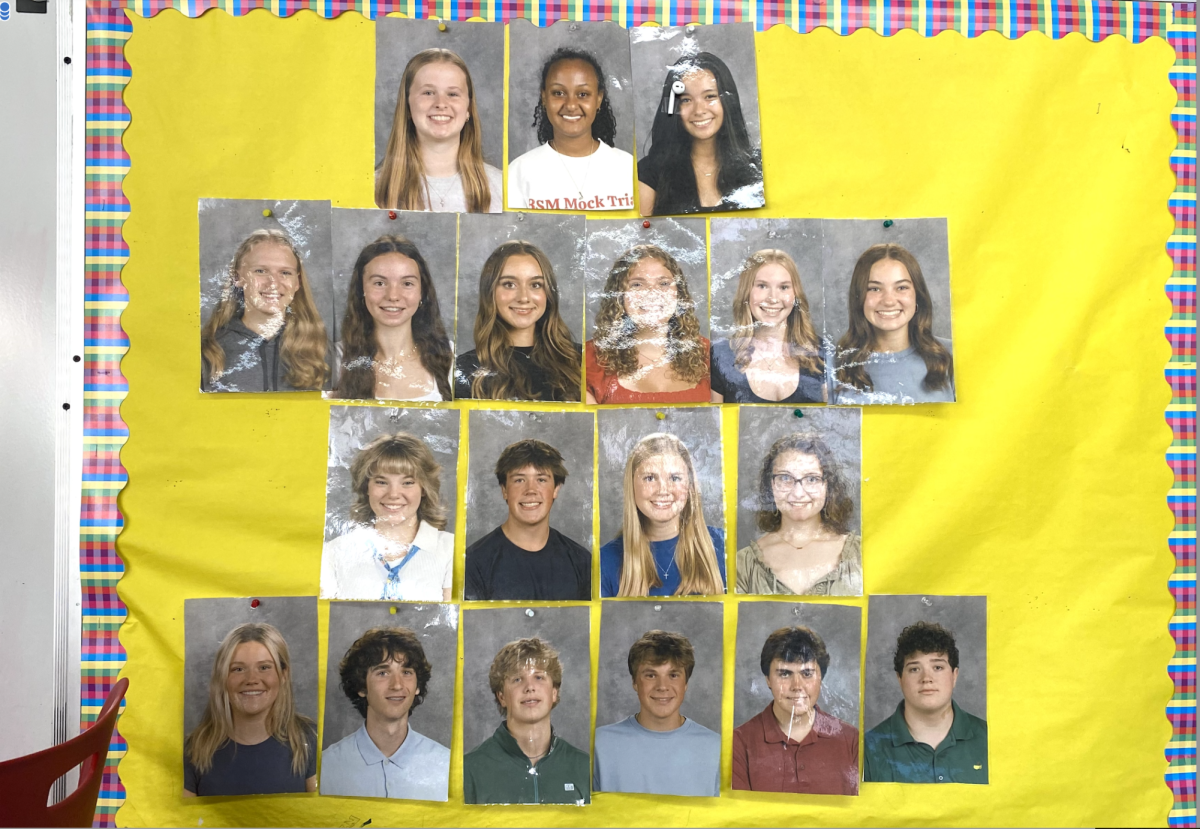
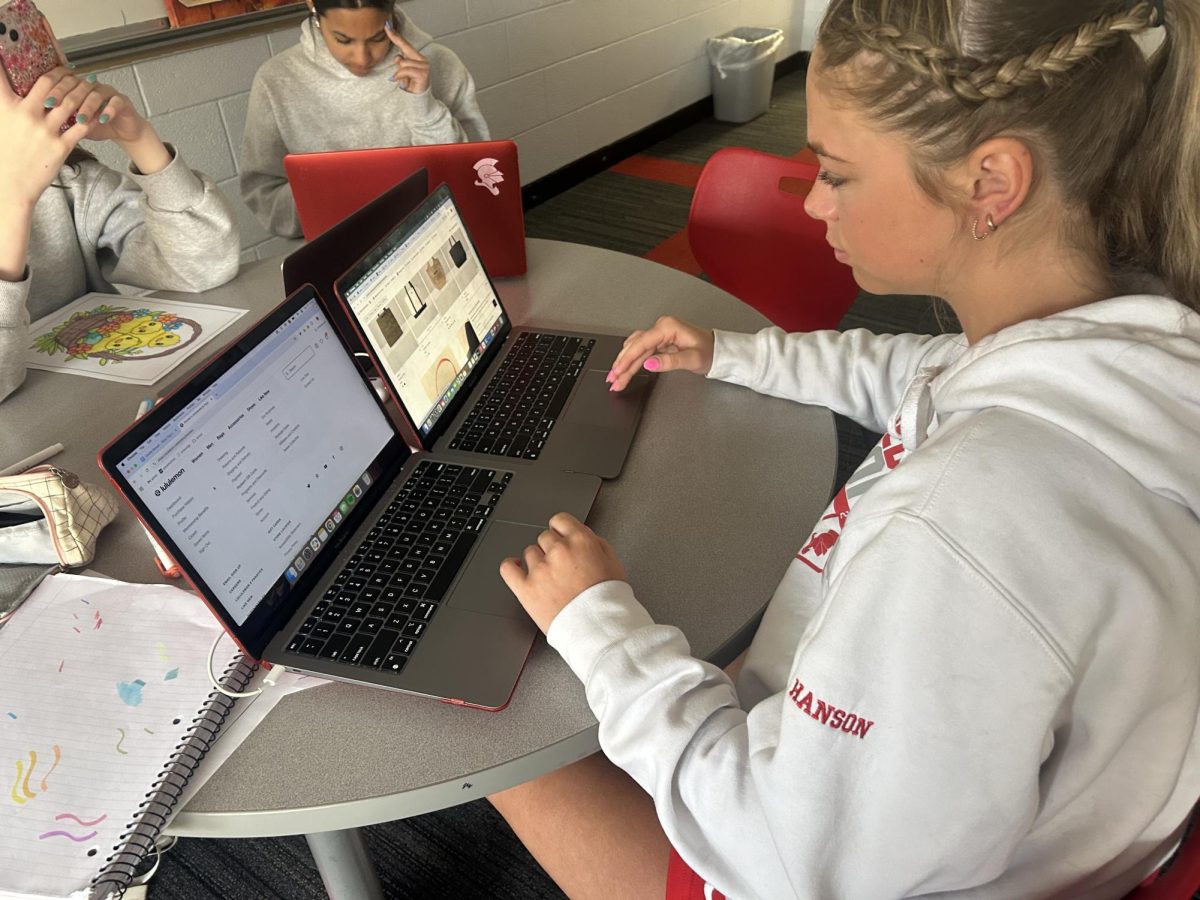














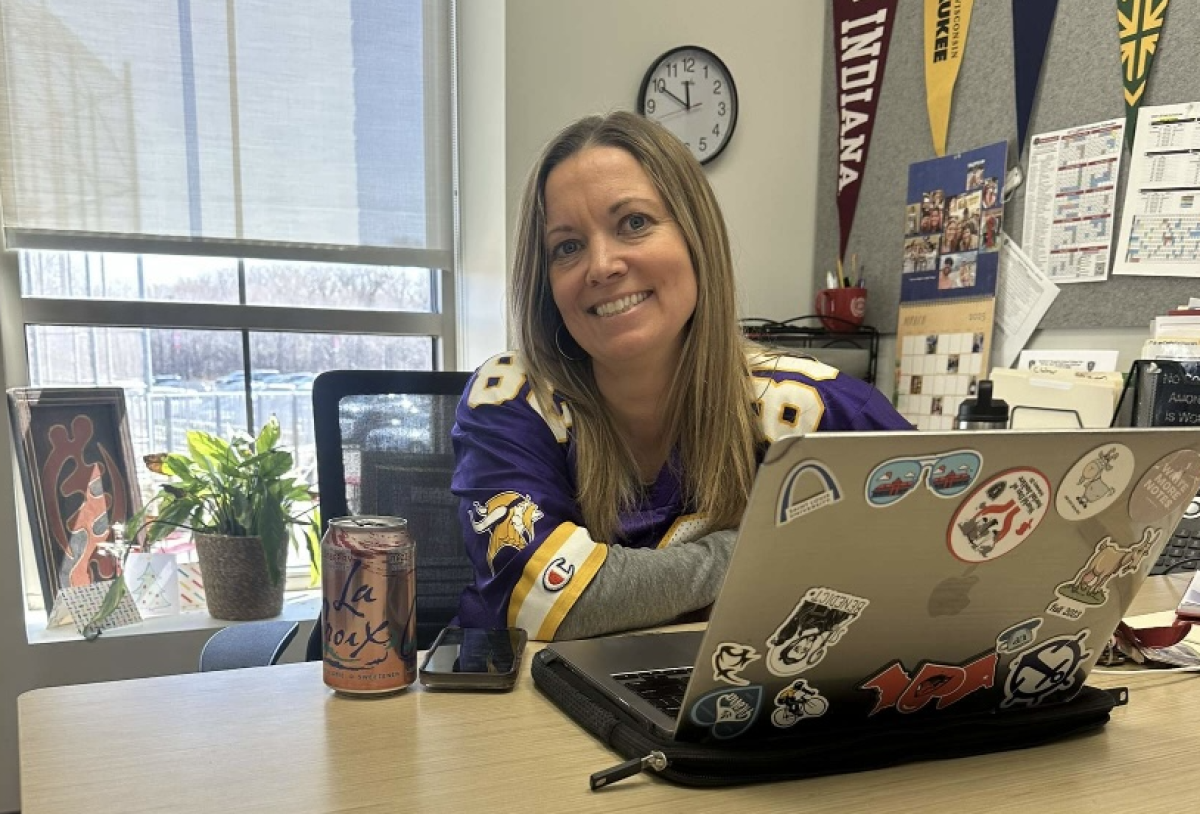










![Teacher Lore: Mr. Hillman [Podcast]](https://bsmknighterrant.org/wp-content/uploads/2025/03/teacherlorelogo-1200x685.png)




